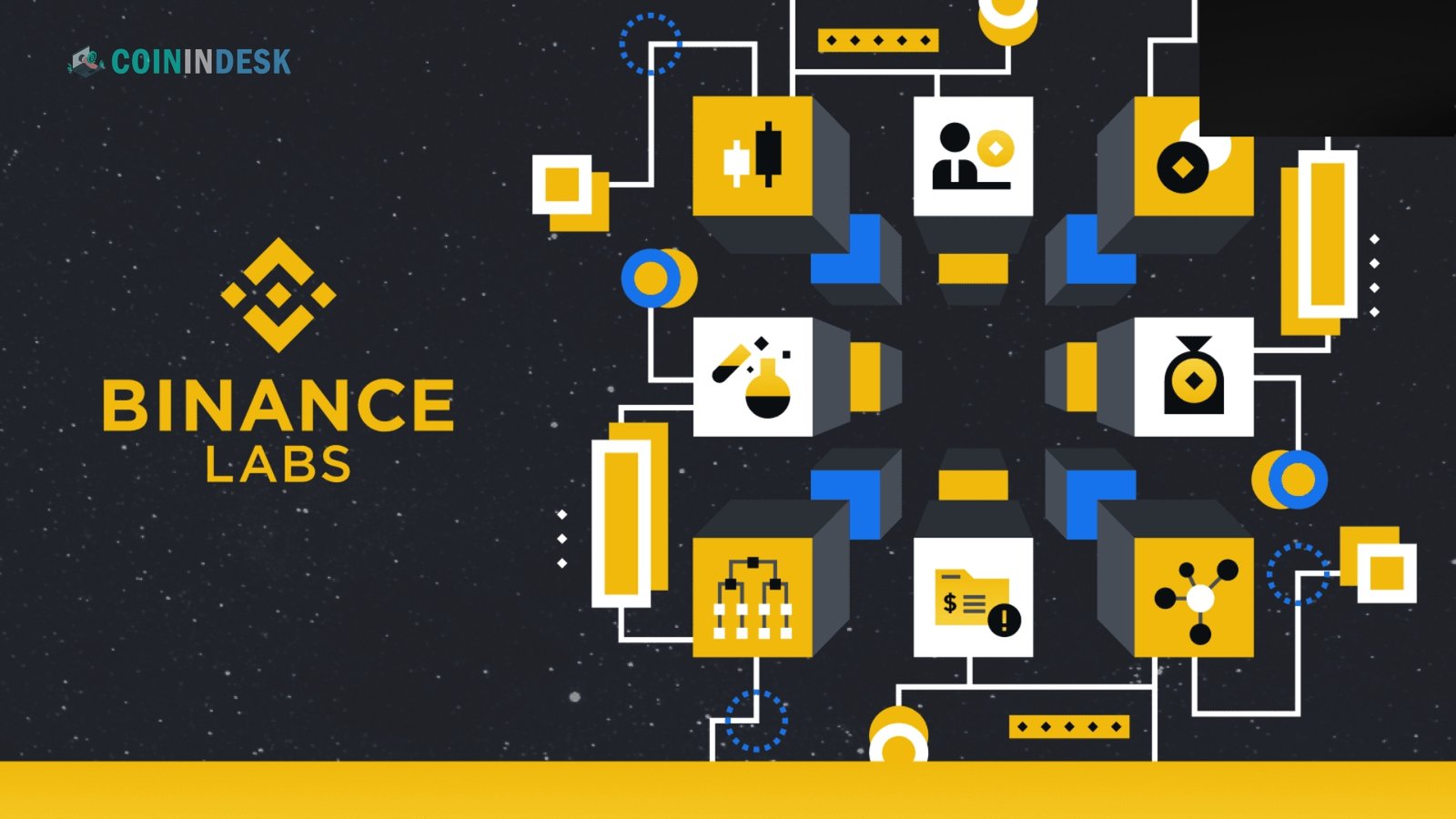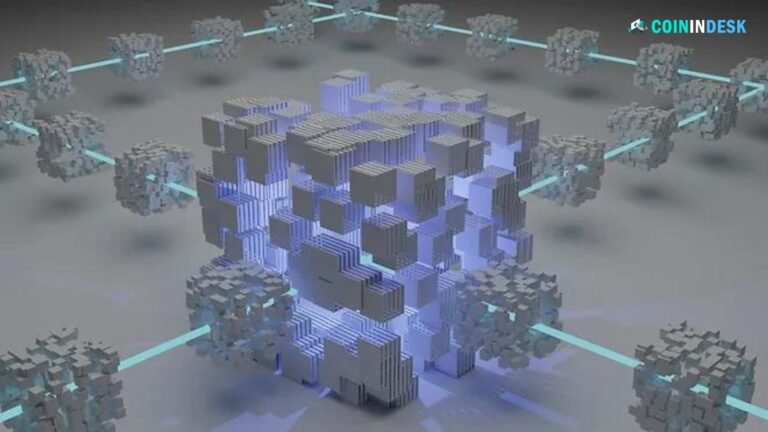Web3 Incubators: The rise of Web3, often called the decentralized web, has generated immense interest across the global tech and financial landscapes. While Web2, which centers around user-generated content and social platforms, has driven the internet’s explosive growth over the last two decades, Web3 promises to shift the balance of power back toward individuals by leveraging decentralized technologies like blockchain. At the heart of this shift are Web3 incubators—programs and entities designed to nurture early-stage startups building decentralized applications (dApps), blockchain protocols, and other Web3-focused products.
What is a Web3 Incubator?
A Web3 incubator functions similarly to traditional tech incubators but with a core focus on decentralized technologies. These incubators help nascent Web3 startups by providing resources, mentorship, funding, and, most importantly, a network of experienced founders and technologists who have already succeeded in blockchain. Their mission is to accelerate the development and launch of Web3 projects, allowing founders to bring their innovations to market faster and more efficiently.
The main difference between a Web3 incubator and a traditional tech incubator is the focus on blockchain technology and decentralization. While a traditional incubator might focus on software development, cloud computing, or hardware, Web3 incubators zero in on decentralized ecosystems, token economies, governance mechanisms, and the ability to build dApps on various blockchains, such as Ethereum, Polkadot, or Solana.
How Web3 Incubators Function
Web3 incubators typically operate through a set of structured programs. These programs might last several months and offer startups a comprehensive suite of tools, including:
- Mentorship: Access to industry veterans and advisors specializing in blockchain technology, smart contracts, and decentralized finance (DeFi). Mentors often help startups refine their business models and adapt their technological frameworks.
- Funding: Many incubators offer early-stage funding in exchange for equity or tokens from the startup. This funding can come from venture capital firms, crypto investment funds, or DAOs (Decentralized organizations). Some incubators provide grants or non-equity funding, particularly those backed by protocols like Ethereum or Polkadot.
- Technical Expertise: Incubators offer invaluable technical support, including smart contract auditing, scaling strategies, and guidance on integrating with various blockchain ecosystems. Since blockchain development requires specialized skills, incubators give startups the technical edge they need to succeed.
- Community and Networking: By offering access to a network of partners, exchanges, developers, and potential users, incubators help startups establish connections to fuel long-term growth. This access to a decentralized community is crucial for projects aiming to develop token economies or DAO governance systems.
- Regulatory and Legal Guidance: Navigating the legal landscape for blockchain-based projects is often challenging due to evolving regulations. Web3 incubators provide startups with legal counsel or connect them with lawyers experienced in tokenomics, crypto regulations, and decentralized finance.
Prominent Web3 Incubators
Several well-known incubators have emerged as key players in the Web3 space. Each has a unique approach but is committed to fostering decentralized technologies.
ConsenSys Labs
As part of the broader ConsenSys ecosystem, ConsenSys Labs is a blockchain incubator focusing on Ethereum-based projects. ConsenSys has pioneered Ethereum-based tools and infrastructure, and its incubator program provides funding, technical resources, and strategic partnerships. ConsenSys supports projects emphasizing DeFi, NFTs, and dApp development.
Outlier Ventures
Outlier Ventures is one of the most prominent Web3 accelerators and incubators. With a focus on open-source, decentralized technologies, it has helped incubate over 100 blockchain startups. Outlier Ventures provides technical support, funding, and mentorship and helps projects create strong token economies and governance structures. The incubator has supported projects across diverse areas, including DeFi, NFTs, and Web3 gaming.
Binance Labs
As the venture capital arm of Binance, Binance Labs is one of the most active incubators in the Web3 space. It has backed numerous blockchain startups and protocols, providing them with funding, strategic partnerships, and access to the Binance ecosystem. Binance Labs also hosts incubation programs that target startups working on cutting-edge decentralized technologies, including Layer-2 solutions, cross-chain platforms, and decentralized finance protocols.
Polkadot Pioneers
Polkadot, a leading blockchain protocol known for its interoperability, runs an incubator program called Polkadot Pioneers. This program helps startups build on the Polkadot and Kusama ecosystems. With a focus on cross-chain functionality, scalability, and governance, Polkadot’s incubator program nurtures projects driving innovation in decentralized infrastructure.
Y Combinator and Web3
While not strictly focused on Web3, Y Combinator has increasingly shown interest in blockchain projects. Its famous incubator program has incubated several Web3 startups, including NFT platforms, DeFi solutions, and decentralized marketplaces. The credibility and resources of Y Combinator have made it an attractive option for blockchain startups seeking mainstream attention.
The Role of DAOs in Web3 Incubation
A fascinating development in the Web3 incubator space is the rise of decentralized autonomous organizations (DAOs) as incubators. DAOs are decentralized entities governed by smart contracts and community voting, and they can act as incubators by pooling funds and resources to back promising Web3 projects.
One prominent example is the MolochDAO, which has played a role in funding Ethereum-based infrastructure projects. By allowing token holders to vote on funding proposals, DAOs offer a decentralized way to support Web3 innovation. This incubation model is still emerging, but it represents the ethos of Web3: community-driven, transparent, and decentralized.
Web3 Incubators: A Critical Catalyst for Growth
Web3 incubators are proving to be a vital force behind the ongoing evolution of the decentralized web. By offering resources, mentorship, and technical expertise, these incubators help startups navigate blockchain development’s complex and often fragmented world. Moreover, incubators are pivotal in ensuring that Web3 projects are scalable, secure, and sustainable.
In the rapidly evolving Web3 landscape, incubators serve as gatekeepers and accelerators. They identify promising projects and provide them with the necessary tools to bring decentralized solutions to market. This is particularly important given the technical complexity of blockchain and the often unclear regulatory environment. Incubators provide funding and the knowledge and connections needed to turn innovative ideas into reality.
Challenges Facing Web3 Incubators
Despite their importance, Web3 incubators face several challenges. One major obstacle is the regulatory uncertainty surrounding blockchain and cryptocurrencies. As governments around the world seek to establish rules for decentralized technologies, startups in incubators must navigate a landscape fraught with legal and compliance risks.
Additionally, the token economy model used by many Web3 projects is still evolving. While tokens can provide a lucrative funding source, they can also create liquidity challenges or misalign incentives if improperly structured. Incubators must help startups balance creating a viable token economy and ensuring long-term sustainability.
Finally, as blockchain technology advances, the technical demands of Web3 projects are increasing. This creates a need for more specialized knowledge and expertise, which incubators must provide to ensure startups are competitive in the marketplace.
Conclusion
Web3 incubators are crucial for developing decentralized technologies and the broader adoption of blockchain. By providing funding, mentorship, and access to a global network of developers and innovators, incubators help startups thrive in the highly competitive and complex world of Web3. While challenges remain, the future of Web3 incubators is promising as they continue to pave the way for the decentralized web of tomorrow. As more founders, investors, and technologists recognize the potential of Web3, incubators will play an increasingly important role in shaping the internet’s next era.


